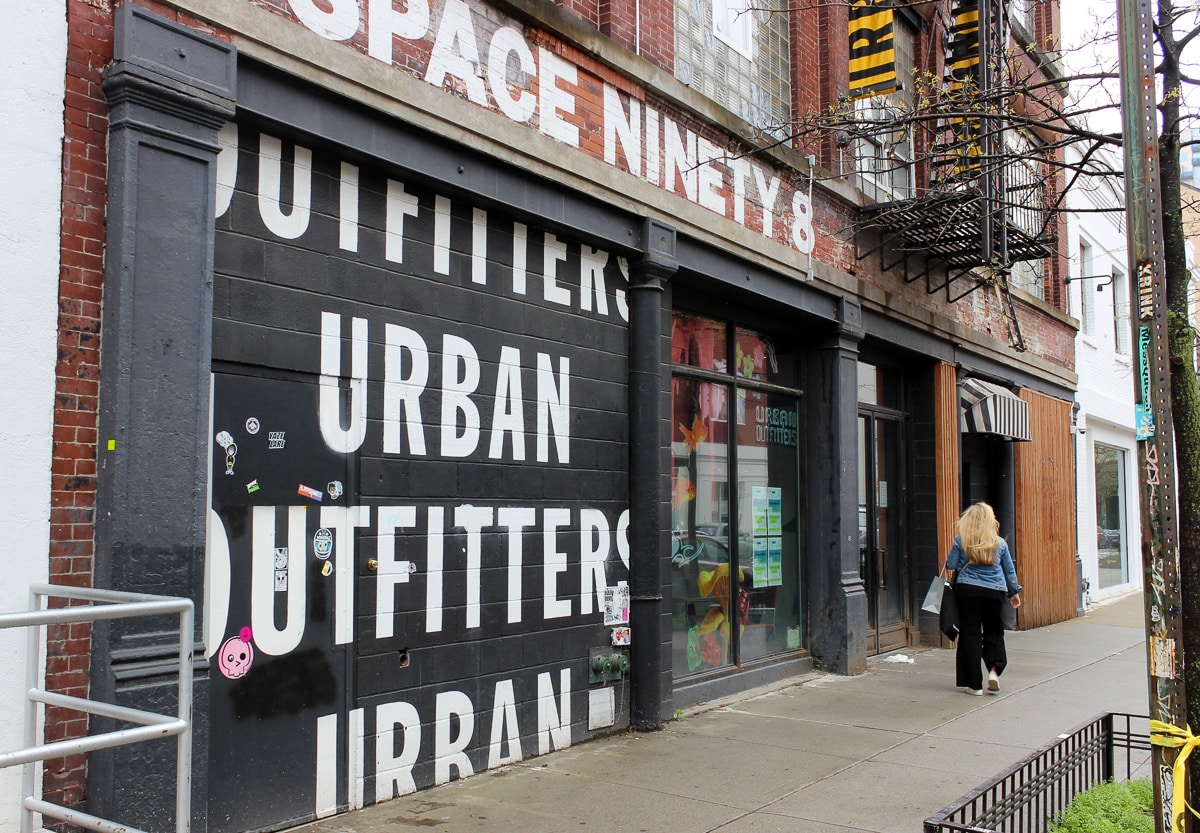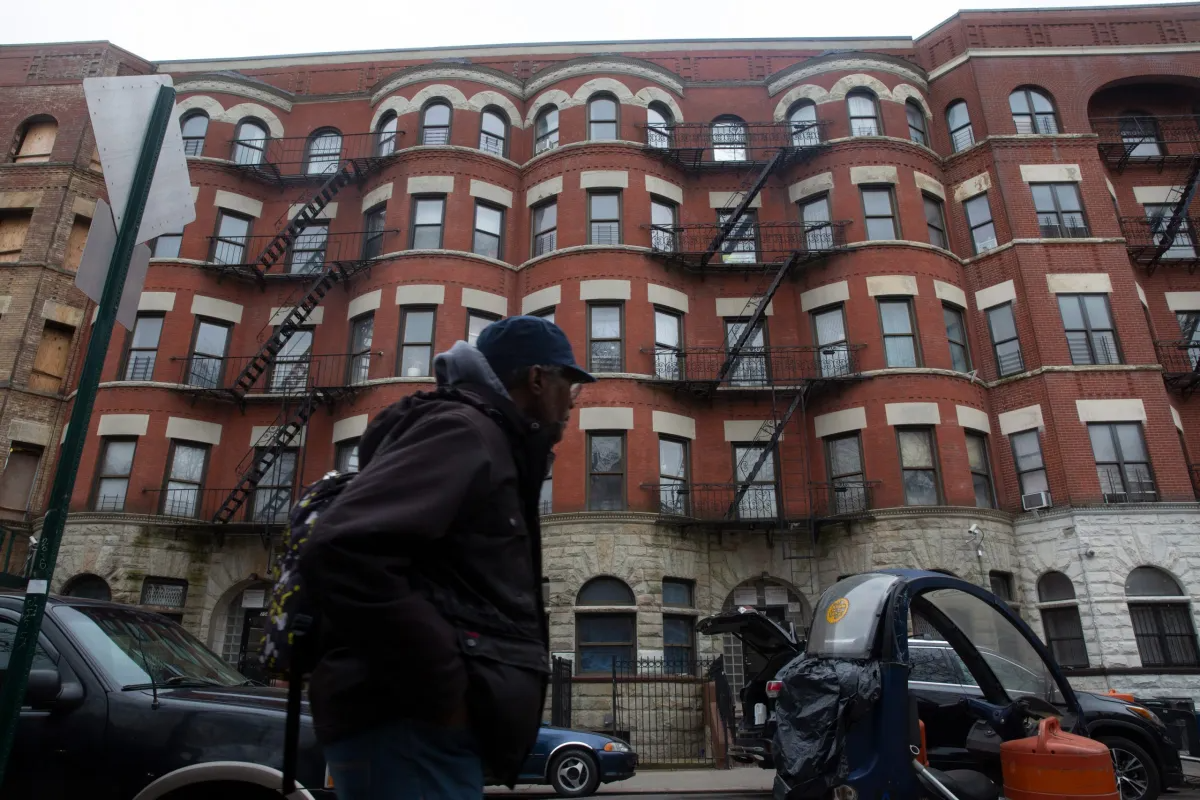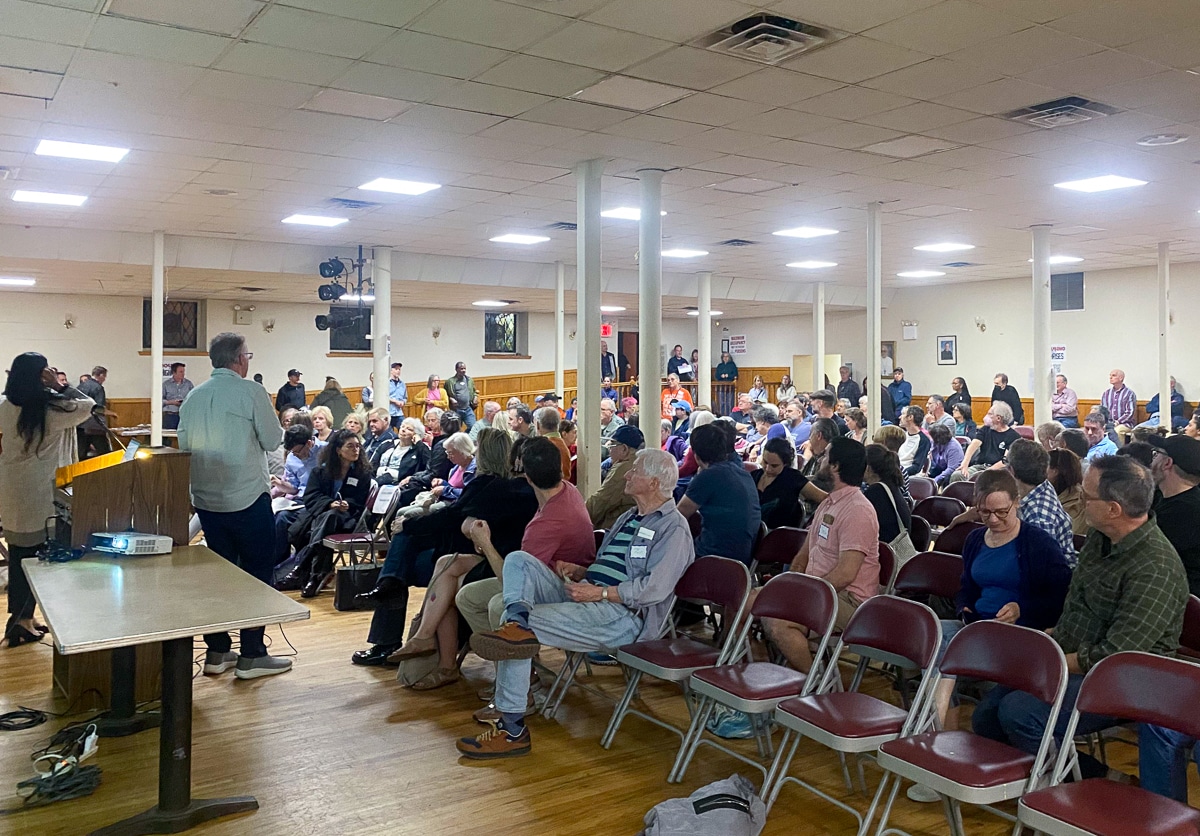Trulia: Buying is Cheaper Than Renting in Nearly Every Big U.S. City But NY....
“Renting is less expensive than buying in only four cities Trulia tracks: New York; Seattle; Kansas City, Missouri; and San Francisco. Boston, Cleveland and eight other cities have relative affordability for renting, though ‘buying may still be a financially sound long-term decision,’ the company said.” -Bloomberg









For these rent VS buy arguments to work, you need to compare similar apts in the same building… it doesn’t work very well for houses. I just refi’d (granted, it’s a 5yr ARM), but my mortgage+maint are lower than a similar unit rents for in my building. Plus, if you factor in the tax savings (a couple hundred per month), owning is definitely cheaper for me now. I don’t think that’s the case for most of NYC, though.
The question of what constitutes a house that is renovated with intelligence and competence, and how can a prospective purchaser tell the difference?
I cringe when I see most of the new construction/new renovation. Some of the better work is in some (only some) of the condo buildings with stricter architectural specs.
What DIBS says about few repairs if it isn’t crap is correct.
There are two major flaws in renovations that directly lead to ongoing repair expense.
The first would be cheapness in selection of materials or finishes, or substandard trades (incompetence).
The second would be renovations that lacked vision or lacked scope. An example of what I am referring to would be as follows:
The house has a problem or condition that would be difficult, inconvenient, or expensive to correct.
Over time, this condition has been patched over, repaired, or fiddled with numerous times. No one has stepped back and said, “Let’s really fix this”. An investor would be crazy to do it right, because he figures that most buyers won’t know (see paragraph #1), and the expense will come out of his profit.
So renting or purchasing wisely, maybe you might come out ahead buying. But renting versus buying tainted house – renting is way cheaper.
As a former resident of San Francisco, I’d say it makes more sense to rent there — if you have a good rent price and you’re under rent control, which everyone is.
Here, not so much. There are plenty of neighborhoods in New York where rents and mortgage are on par and you get way more space for the mortgage, plus you get to sell in the end.
It makes sense to buy if you can find a good deal, which is still very difficult.
For most folks, renting is cheaper and allows for much more flexibility.
hah, late to the thread, but agree w dibs. Since I finished the reno two years ago, my repair costs have been zero. I’ve done a couple of ‘upgrades’ (new front door, new skylite) but these are quality of life, not mandatory.
At some point I’ll own a 3000sft million dollar plus home free and clear and my carrying costs including taxes and utilities for under 1k per month (thank you renters for subsidizing my property taxes!)
These ‘analyses’ are stupid as no one can predict what will happen in thirty years anyway.
Thanks DIBS! We definitely should have started with something better. But now we’re stuck with the old beast for a little while. 🙂
Lots of renovated houses in brooklyn. I’ll sell you mine.
Addressing what DIBS said about not starting with crap when you buy a house – where do you find those here? This borough’s houses were really neglected for a long time. Decades. Our house is a money pit. We’ve been spending anywhere from $5K to $15K each year on repairs and renovations. And our house was one that had a lot of renovations already done to it. I’m bullish on long-term ownership of houses in NYC but don’t convince people it’s cheap to own a 100 year old brownstone. That’s doing them a disservice. Be wise and crunch numbers very conservatively when you buy.
Re the pro-buying argument, let’s look at the numbers. Assume a decent two-bedroom apartment in a decent neighborhood is $700,000. Assume that same two-bedroom rents for around $2400. After 20% down at a good mortgage rate, that’s $2800. Take into taxes and condo or co-op fees, and you’re probably looking at $3400/month. At first glance it would seem like it’s worth an extra $1000/month to own a piece of property.
But remember that you had to put down $140,000 in down payment. What if you’d put that into the stock market instead? At 7% annual return (which is fairly safe over a 30-year window), that money would have grown to $1.06 million.
Now real estate appreciates in value, too. But only at 2%/year on average. A $700,000 apartment after 30 years would be worth $1.26 million.
So it would appear that you’d be up $200,000 after 30 years. But remember you pay an extra $1000/month to own. Over 30 years, that comes to over $700,000. And that’s with zero return on your money. You can assume that rents will go up, but so will taxes and fees.
And this model doesn’t include upkeep costs, which are generally 1.5% of a property’s value *per year*.
There are reasons to own your own property. But financially, you’re better off renting in NYC.